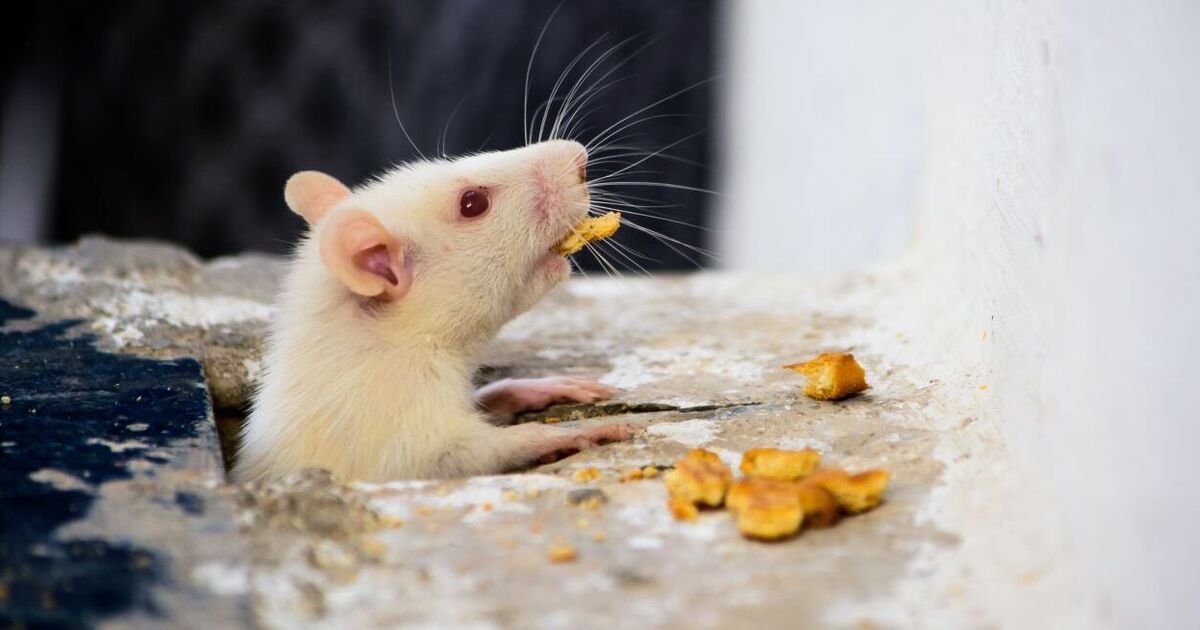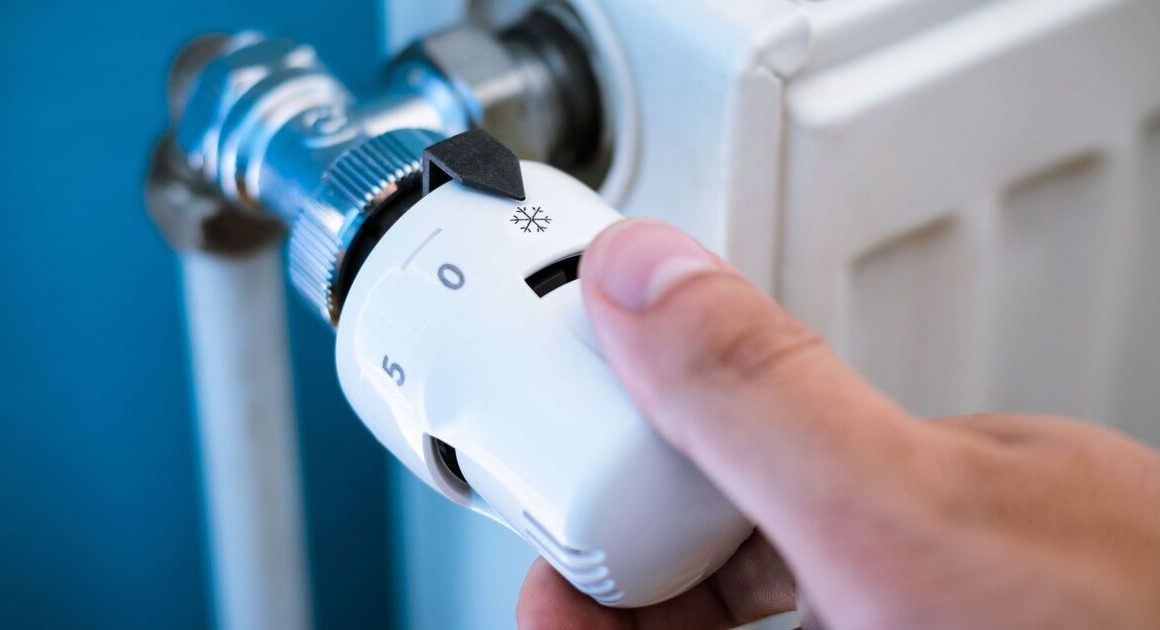As temperatures drop and the winter months approach, homeowners are being urged to take preventative measures against rodent infestations, particularly from mice.
John Stewart, a technical expert from sustainable pest prevention specialist Pelsis UK, is offering key advice on how to keep these unwelcome pests out of homes this season.
“Mice are among the most problematic pests, particularly during the winter when they move indoors in search of a safe environment,” John explains.
“Once they’ve found a suitable space with access to food and water, they can quickly establish themselves, making it essential to address any potential issues as soon as possible.”
His expert advice highlights the importance of early prevention, as he reminds homeowners that once mice enter a home, they can quickly multiply, creating a larger infestation of very much unwanted visitors.
The most effective way to keep mice and other rodents away from your home is to make it as unappealing to them as possible.
Without the lure of something tasty to eat, your home will become less tempting to them. John says: “During the winter, mice seek shelter indoors, often drawn by easily accessible food.”
To reduce the risk of an infestation, John emphasizes the importance of keeping food secure, explaining that mice are more likely to leave your home alone if they cannot find food.
“Store food in sealed containers and keep them in high cupboards, out of reach of mice,” he advises. “It’s also important to ensure that rubbish bags are placed in secure bins to deny mice any further food sources.”
According to Rentokil, “mice feed little and often, only needing about 3g of food a day to survive – three once frozen peas under the freezer, some crumbs wedged between the cooker and the cupboard and that half-eaten biscuit long forgotten down the side of the sofa are more than enough”.
Keeping your home clean and free from crumbs and other tasty morsels is the most effective way to keep furry friends at bay, but there are other tricks you can try.
John said: “Homeowners have several options for dealing with rodents, whether they prefer humane live-catch traps or traditional traps for quicker results.”
Humane solutions, such as indoor repellents, can deter rodents without harming them. “These devices emit high-frequency sounds that are unpleasant to rodents but inaudible to humans,” John adds.
Another recommendation is to recognise the early signs of a mouse infestation, which is key to preventing it from escalating. “Look for droppings, gnaw marks, and shredded materials that may indicate nesting activity,” advises John Stewart, adding that common hiding spots include attics, under kitchen units, and behind appliances.
Mice are skilled at squeezing into small gaps, so it’s important to inspect areas like kitchen kick plates and electrical cupboards, where they often nest and gnaw through wiring.
Why winter brings increased risk of rodents indoors
As the cold sets in, mice are naturally inclined to seek out warmth and reliable sources of food and water, often finding their way into homes through cracks, small gaps in foundations, or even vents. By addressing these vulnerabilities early, homeowners can avoid the costly and frustrating consequences of an infestation.
Stewart concludes: “Taking preventive action now can save homeowners a lot of trouble down the line. Prevention is always better than having to deal with an infestation once it’s established.”
For more expert advice or professional pest control solutions, homeowners are encouraged to consult specialists like Pelsis UK, who are experienced in dealing with sustainable and humane pest prevention methods.












